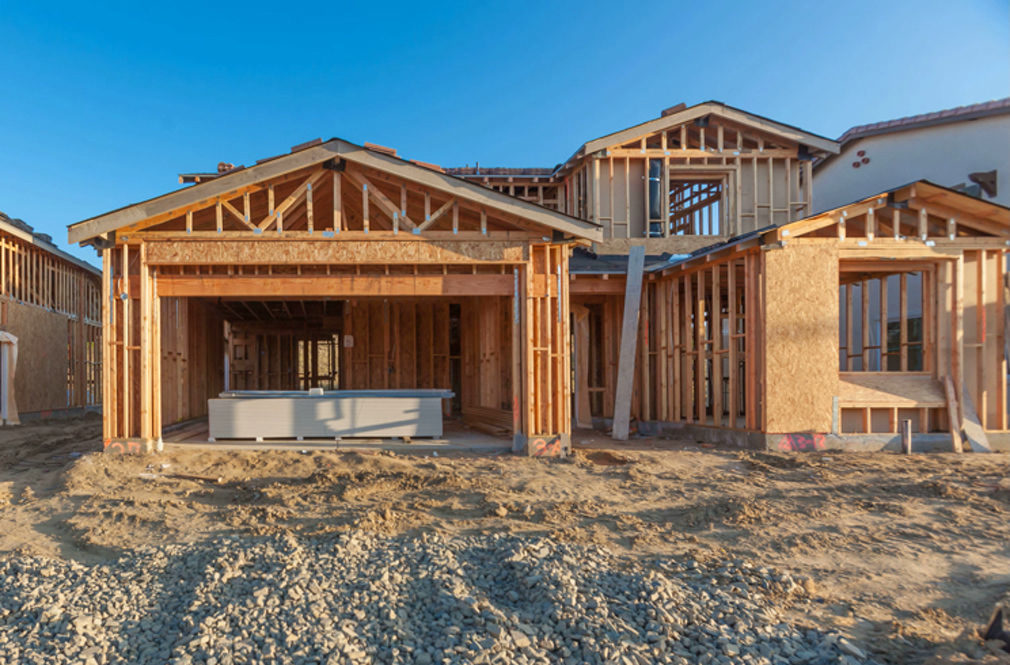The initial effects of the coronavirus on the housing market were on harsh display in the housing starts data released Thursday by the Census Bureau and the Department of Housing and Urban Development.
Housing starts plummeted 22.3% in March, the biggest monthly drop in 36 years, to a seasonally adjusted annual rate of 1.216 million, an eight-month low, according to the report. The pace was 1.4% above the year-ago month.
Single‐family starts dropped to a 10-month low of 856,000 at an annualized seasonally adjusted rate, a 17.5% decline from the revised 1,037 million in February. Multifamily starts fell to a 347,000 pace, the lowest since July.
“We are now seeing the true effects of the coronavirus on the housing industry,” said Bill Banfield, Quicken Loans executive vice president of capital markets. “Despite the fact that construction can continue during shelter-in-place orders, home buying demand has plummeted and builders are seeing materially lower foot traffic.”
Building permits totaled 1.353 million at a seasonally adjusted annual rate, 6.8% below February and the lowest since June. The annual pace of single-family permits dropped to 884,000, the lowest since September, and multifamily permits rose to 423,000 from 402,000 in February.
The strength of the homebuilding sector prior to the COVID-19 pandemic point to more negative data on the horizon, said Zillow Economist Matthew Speakman.
“Despite the big monthly drops, the year-over-year increases point to just how far the construction market had come in the year leading up to the outbreak of the crisis – and could signal an even larger drop to come in April,” he said. “Unprecedented economic uncertainty and mandatory distancing guidelines squashed homebuyer demand and builders’ ability to confidently invest in new housing projects.”
The drop in construction will make it harder for people to buy homes in a market that already had shortages, said NerdWallet’s Holden Lewis.
“This is a calamity for young people who want to buy their first homes,” Lewis said. “We already have a housing shortage, and now there will be fewer new homes for existing homeowners to move up to. Those homeowners will remain in their current homes instead of selling them to first-timers.”
There was a glimmer of hope in the data for the housing market, said Mike Fratantoni, chief economist at the Mortgage Bankers Association.
“Even with March’s decline, single-family starts were 2.8% ahead of last year’s pace, and building overall remained 1.4% higher,” he said.
That indicates plans for building will continue, despite the drop in economic activity occurring in the second quarter, he said.







